Kentucky Becomes 27th State to Enact Right to Work Law
Kentucky has officially passed Right to Work laws, making it the 27th state to give workers the right to choose whether or not they want to be in a union.
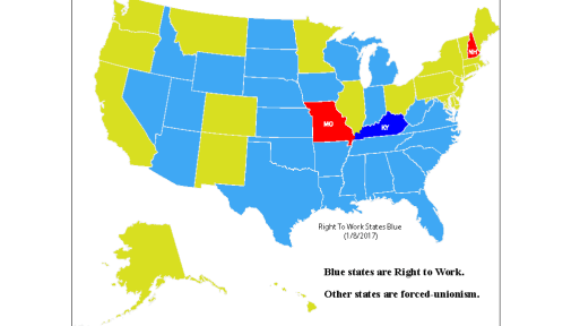
Kentucky has officially passed Right to Work laws, making it the 27th state to give workers the right to choose whether or not they want to be in a union.
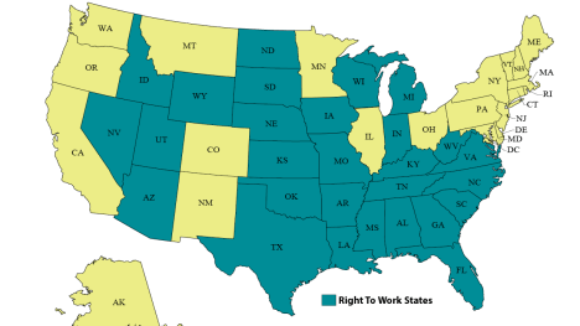
Please find below the National Right to Work Committee’s statement on Governor Greitens signing Right to Work into law and making Missouri the 28th Right to Work state. “Today is a great day for the state of Missouri. With Governor…

National Right to Work President Applauds MO Right to Work Passage Another Victory for Workers in Nationwide Effort to end Forced Unionism Missouri could soon become the latest state whose citizens enjoy the greater personal freedom and stronger economic growth…
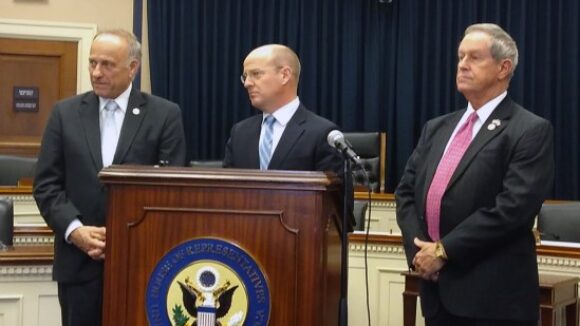
Steve King and Joe Wilson Introduce National Right to Work Act to End Forced Union Dues for Workers National Right to Work President applauds legislation that would prevent union officials from extracting union dues from workers as a condition of…
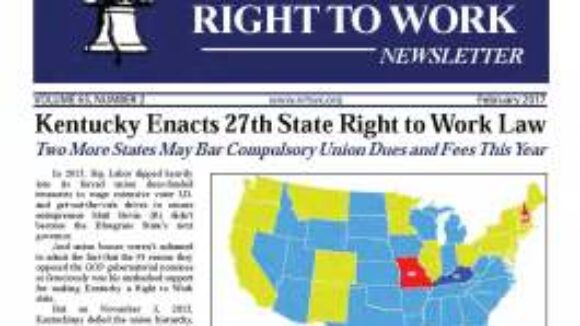
Click here to read the February 2017 National Right to Work Newsletter.

Program Has Proven to Be Effective in All Political Climates In the months leading up to November’s general elections, top union bosses and their political strategists predicted again and again that their electioneering machine would ultimately install a Big Labor…
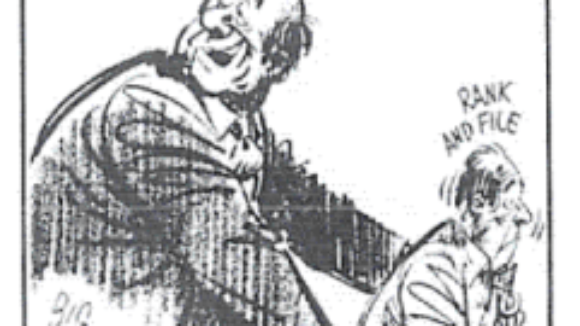
Incoming President’s First High Court Choice Could Be Crucial For the third time in just six years, voters in the vast majority of the 50 states dealt a drubbing to union-boss puppet politicians in the 2016 federal elections. In November…

From the Washington Free Beacon: Missouri passed right to work the same day that the New Hampshire Senate approved the measure and just two weeks after Kentucky adopted it. If the measure survives, they will become the 28th and…

Public candor lacking in scheme by outgoing Missouri Secretary of State and Big Labor Bosses. From the National Right to Work Legal Defense Foundation: Pro-Right to Work Missouri Workers File Lawsuits Challenging Language of Union Boss-Backed Forced Dues Ballot Measures…